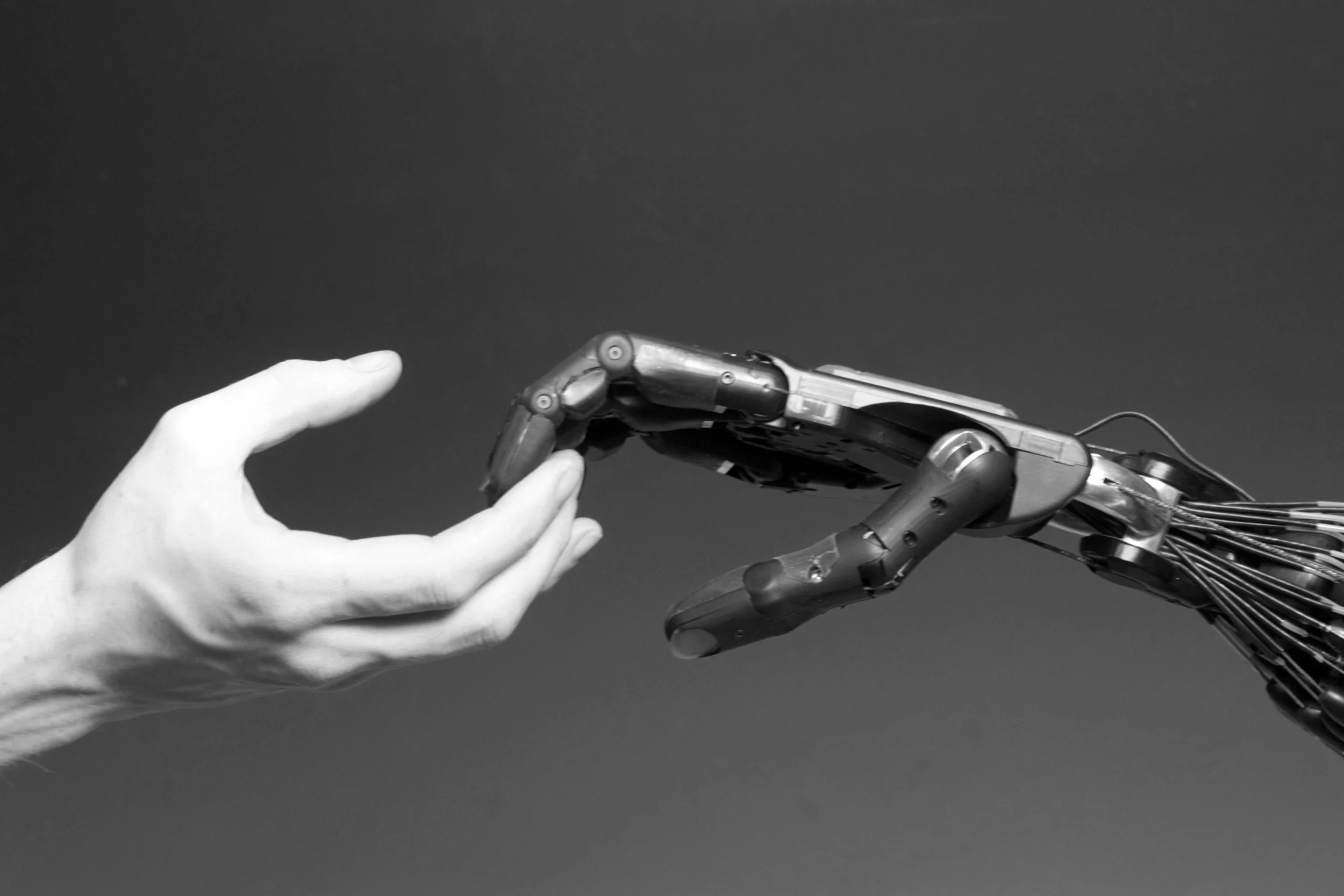Deadline: 31/05/2020
Questions about digital technologies have never been far from the headlines during the current COVID-19 crisis. Whether it is online education, zoom meetings or contact tracing apps interest in digital technologies has been turbocharged by the crisis. Whilst many of us are relying more on digital technologies to ‘get us through’ the crisis, digital inequalities have been laid bare as the significance and consequences of not having effective access to digital technologies become all to clear. Meanwhile, the social, political, and economic relations that shape digital innovation have are undergoing a transformation. Whether it is the massive switch to online learning, large tech companies sharing their proprietary data with governments or call centre workers working from home: things that were not possible before COVID-19 now seem to be possible, for good and not so good. Never were the politics of digital technologies more important.
As the Digital Societies Group there is a great deal we can and should say about this! And we can use the blog as a means for rapid response. How can we strengthen critical engagement? What can we do to re-thing and re-create digital futures?
We welcome contributions of the following kinds:
Social Technologies: We are looking for short texts (up to 500 words) on the social implications and potential of (mis)using existing technologies. Here, technology is understood in a broader sense, focusing on digital communication technologies, but not excluding other kinds of physical/digital devices, tricks, and hacks that people do to alleviate the impacts of the current crisis, and even hint towards more desirable and just futures.
Tales from Below: 800-word testimonies of how you are experiencing the COVID-19 crisis. Contributors are free to focus on a topic of their own interest, from the everyday life, to struggles in the workplace and the home, to expressing deeper feelings about the present and the future. The call is open to everyone, and we particularly welcome contributions from marginal and unrepresented individuals and communities. Texts may be anonymised if you wish.
Digital Futures: In this section we are asking for creative interventions that reflect on our accelerating times, visualize and critique opaque aspects of technological values and usages, and aspire towards more responsible technologies in more equitable societies. (Up to 1000 words)
Please send your articles and artwork at susan.halford@bristol.ac.uk until 31/05/2020









